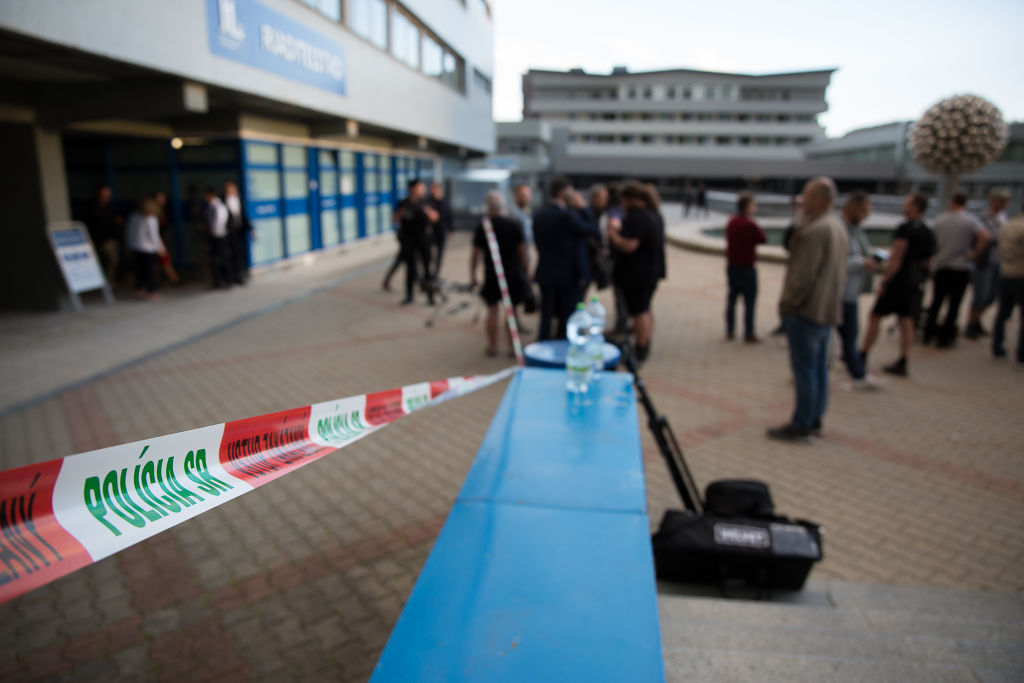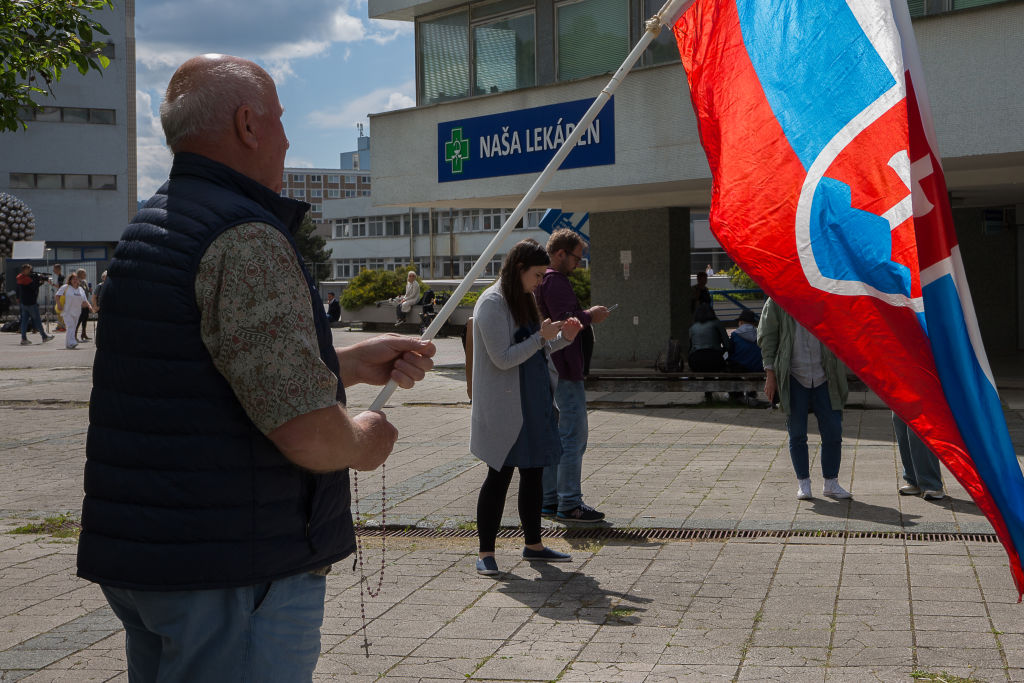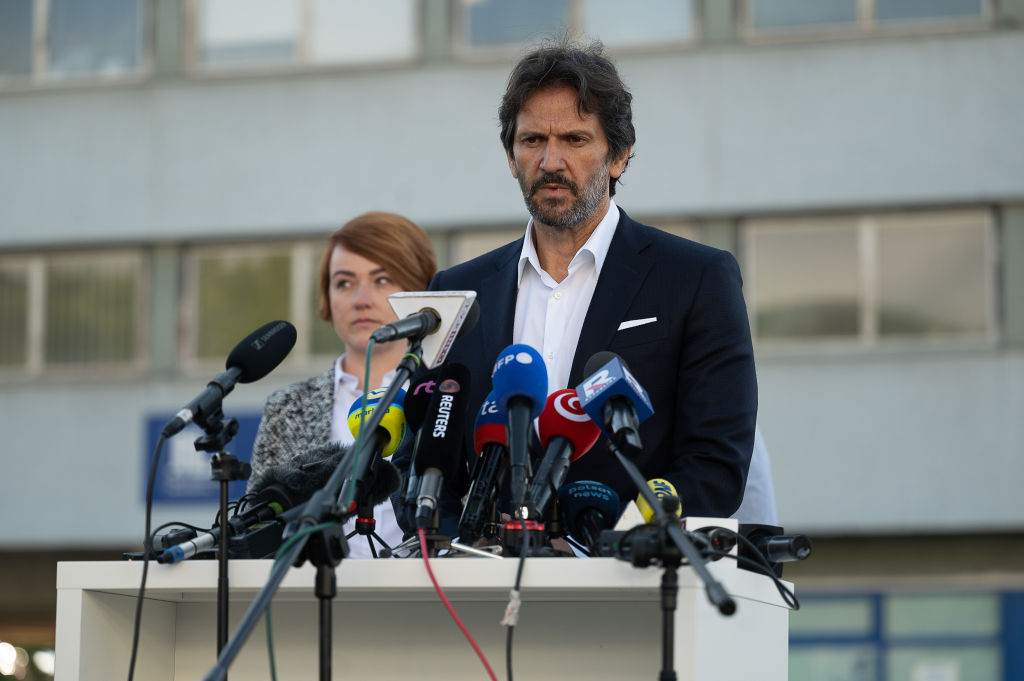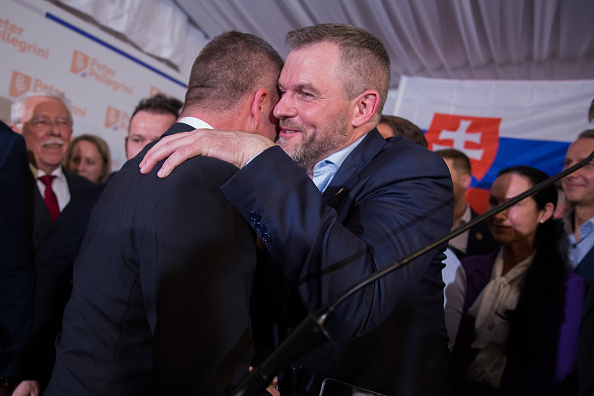The Slovak parliament on June 27 approved a so-called “Lex Assassination”, a package of measures designed to improve security following the assassination attempt on Prime Minister Robert Fico.
The laws will limit the right to assembly. Public gatherings near the home of a person whose position is directly related to the government are to be banned.
The local government should also ban a rally if there is a fear of a clash between its participants and those attending another previously announced demonstration.
Gatherings are to be prohibited in residential areas that are not public spaces such as squares, parks, or marketplaces.
The law will extend state protection to more politicians, including opposition party leaders. The president, the head of parliament (House chair), and the prime minister will be given official state residences. Former House chairs and prime ministers who served two full terms will receive a lifelong salary.
Amnesty International has criticised the measures, arguing they infringe on civil liberties.
Peaceful protest is a human right.
Peaceful protest is a human right.
Peaceful protest is a human right.
Peaceful protest is a human right.— Amnesty International (@amnesty) June 27, 2024
“This draconian bill is an attempt to use security and public order as pretexts to crack down on the right to peaceful assembly and strip people of their right to protest,” said Rado Sloboda, director of Amnesty International Slovakia.
It is set to come into effect on July 15.
In May, Slovak Prime Minister Robert Fico was shot at point-blank range after a cabinet meeting in Handlová. He is recovering from his injuries.
The Police arrested the gunman at the scene. He faces 25 years-to-life in prison if convicted of attempted murder.
Slovak Prime Minister Robert Fico remains in serious condition following an assassination attempt, with allies of the leader blaming the media and political opposition for spurring the shooting. https://t.co/b9kxQA1RaR
— Brussels Signal (@brusselssignal) May 16, 2024





